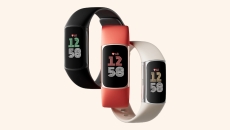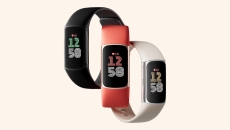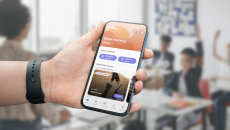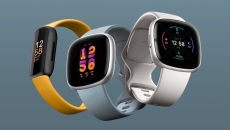Fitbit
The AI models only utilise wearable sleep and circadian rhythm data to analyse patterns driving mood disorders.
The tech giant announced a new AI-enabled chest X-ray offering, an all-inclusive dermatology dataset, expanded partnerships and personal health LLMs for Fitbit.
The Wearables for Metabolic Health study will use Fitbit behavioral and biometric data and laboratory tests to attain insights into metabolic health and disease prevention.
Utilizing AI and machine learning, the Charge 6 supplies up to 60% more accurate heart rate readings, the most precise in a Fitbit tracker yet.
Edward Shi and Paras Unadkat, product managers at Google, tell MobiHealthNews how their teams worked together to build the Pixel Watch's fall-detection features.
The company’s Polso wrist-worn wearable allows for the collection of blood oxygen saturation, respiration rate and pulse rate.
The new wearable will include continuous heart rate tracking, sleep monitoring and fitness features. Google also plans to add fall detection this winter.
Integrated fitness tracker, mobile health app potentially improves teachers' mental wellness - study
Fitbit and MindFi have teamed up to study the impact of their combined solutions on teachers' mental well-being.
Device Connect for Fitbit aims to help healthcare and life science organizations use and analyze data from Fitbit's health-tracking wearables.
The Inspire 3 will be available worldwide in September, while the higher-end Versa 4 and Sense 2 will be available in the fall.








